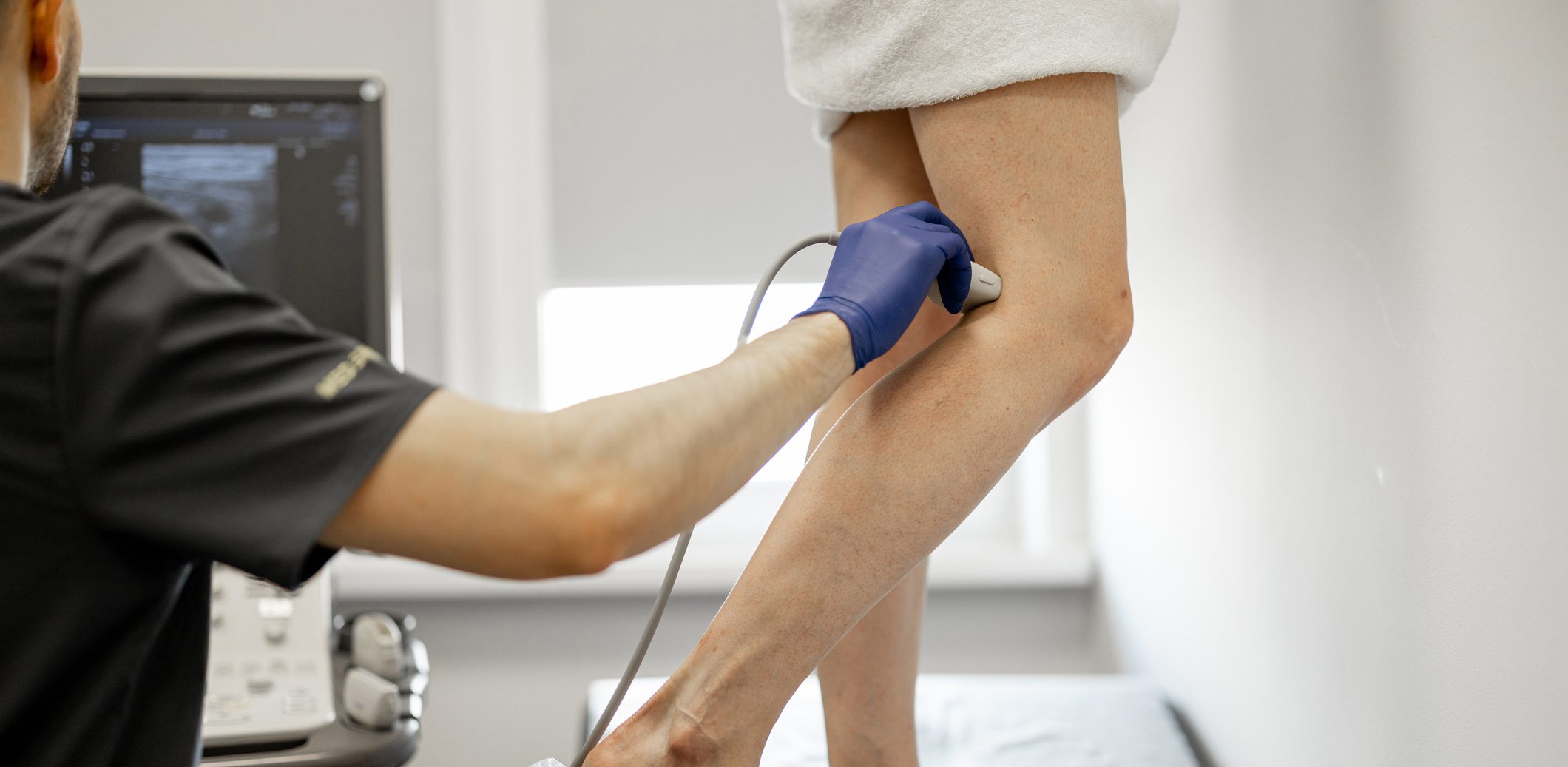Injection fatigue and needle aversion are among the underestimated barriers in the treatment of patients with relapsing-remitting multiple sclerosis (RRMS). Current real-world analyses show a significantly lower persistence of injectable basic therapies compared to oral forms of treatment. At the same time, a prospective cohort study shows that psychological barriers such as fear of injections are an independent determinant of missed doses. Against this background, early identification of corresponding risk patients and consideration of oral treatment alternatives is essential to ensure long-term treatment adherence and thus treatment success.
Autoren
- Tanja Schliebe
Publikation
- InFo NEUROLOGIE & PSYCHIATRIE
Related Topics
You May Also Like
- HIV: updated EACS guideline
Individualized approach to sustainable prevention and care
- Evidence-based diagnostics and treatment in the medical setting
Anxiety and depression disorders in adolescence
- Neuroenhancement
Can you swallow intelligence? Relevant substance classes times for healthy people
- Microbiome, inflammaging and affective/cognitive health
Gut-brain axis in old age
- Vitiligo - the level of suffering should not be underestimated
A lot can be achieved therapeutically nowadays
- Vector-borne infections with skin manifestations
Arboviruses and leishmaniasis in Europe
- Patient-centered rounds in medicine
Aligning care with the patient
- Adrenogenital syndrome











